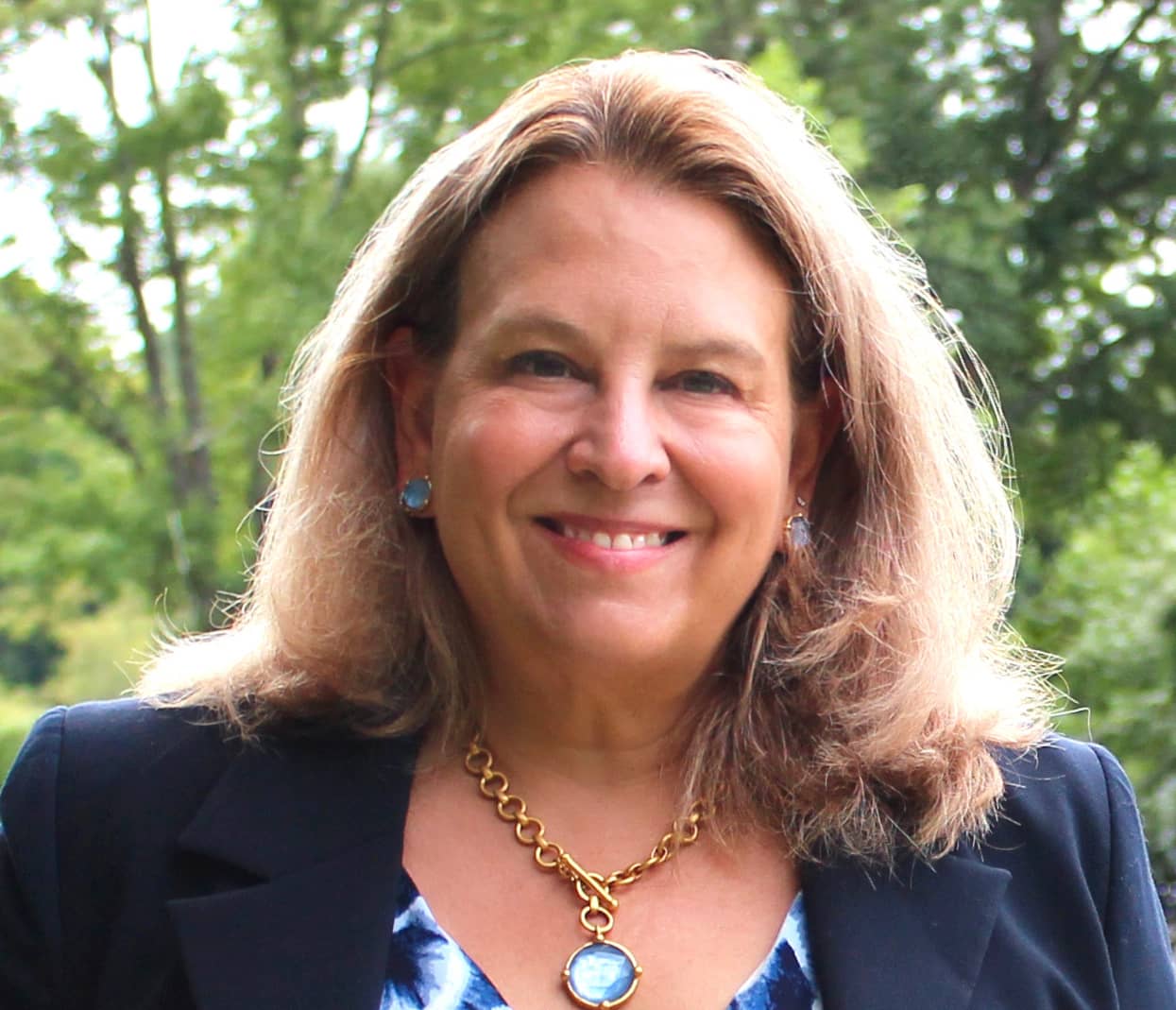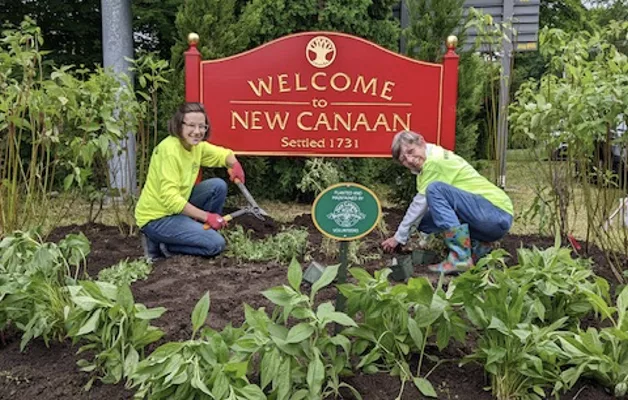By State Representative Lucy Dathan
September is National Recovery Month, and our community recently recognized addiction awareness with a town vigil hosted by the New Canaan Parent Support Group. It was an extremely meaningful event that highlighted the importance of transcending awareness to a place of acceptance, where family and the community are the critical factor in recovery. One of the speakers poignantly stated that the opposite of addiction is connection. This was highlighted by the nonprofit community support groups in attendance that usher people suffering with addiction toward a road of meaningful recovery, many of which are a part of Connecticut Community for Addiction Recovery, also known as CCAR.
These nonprofits generally receive funding from donations, as well as federal and state funds, to carry out their objectives. State funding comes in the form of Medicaid rates for services received by Medicaid recipients, or block grants to local agency nonprofits. Additional state funding for these agencies is through the Opioid Settlement Fund, which was created through litigation with opioid manufacturers, distributors, and pharmacies based on their respective role in the marketing and distribution of opioids. The proceeds of these funds must focus on prevention, treatment, recovery, and harm reduction. In Connecticut, these funds are overseen by the Opioid Settlement Advisory Committee that was established by 2022 legislation. Residents can make recommendations for consideration of the Opioid Settlement funding via this committee.
In my role in both the Human Services and Appropriations committees, I hear stories from providers as well as their clients who testify for additional funding to expand services and reduce waitlists. The services performed by CCAR members are incredible: not only do they provide services that used to be offered by state employees — which was much more costly — these services are rooted in local communities. This enables clients to have improved access to the critical personal connections that provide coaching, support, and healing in their hometowns, which is especially critical for success post in-patient stays. Further, some former clients find employment opportunities in CCAR member agencies offering ‘Peer Support’ to those seeking recovery, with the benefit of further bolstering their own continuing recovery.
I have been a fierce advocate of peer support services in my legislative tenure. Peer support is an essential role on the healthcare team that assists individuals on their recovery journey by someone who has also experienced the healing process of recovery from substances (or other psychiatric or traumatic experiences). As a result, these peer supporters promote sobriety based on their own personal recovery journey. Mental health professionals agree that peer support offers an irreplaceable modality that cannot be found elsewhere.
I have spoken to many in the healthcare, mental health, and insurance industries who have concrete evidence that these coaching and counseling services decrease hospital stays both in number and in length, facilitating emergency room visits for those in crisis and preventing rehospitalizations. Most significantly, peer support services transition people to the road of recovery much faster, with the precious knowledge they are not alone. Peer support workers complement the roles of therapists, case managers, and other members of the treatment team symbiotically, to the benefit of all involved.
Connecticut is an outlier in allowing peer support services to be reimbursable by Medicaid, and currently a limited number of insurance providers reimburse for these types of services. Some CCAR members have raised concerns that it could cause issues in their state block grant funding, which must be addressed as we advocate for full accessibility to comprehensive recovery. What’s most detrimental at this time, however, is that Connecticut is currently surrendering federal matching funds for these services by not having these services under the Medicaid umbrella. Connecticut has established a framework for peer support to ensure certification standards are in place for providers and with legislative approval; the Department of Social Services could obtain the federal authorization to reimburse providers for these services as well.
After the vigil’s eighth powerful gathering of our community, I am only renewed in my dedication to peer support as I believe gaining greater access is a vital means to continue to de-stigmatize substance misuse disorders while helping our neighbors find a lasting road to recovery — and in a fiscally responsible manner. We owe it to our community to leave no stone unturned in caring for each other, and with federal dollars available, it would be negligent to do otherwise.
State Representative Lucy Dathan has been representing New Canaan and Norwalk in the 142nd Connecticut General Assembly house district since 2019. She is a resident of the Silvermine community in New Canaan, where she and her husband, Matt, have raised their three children. Outside of the legislature, Lucy Dathan is a CPA and part time finance executive, working on early stage technology start up companies.




